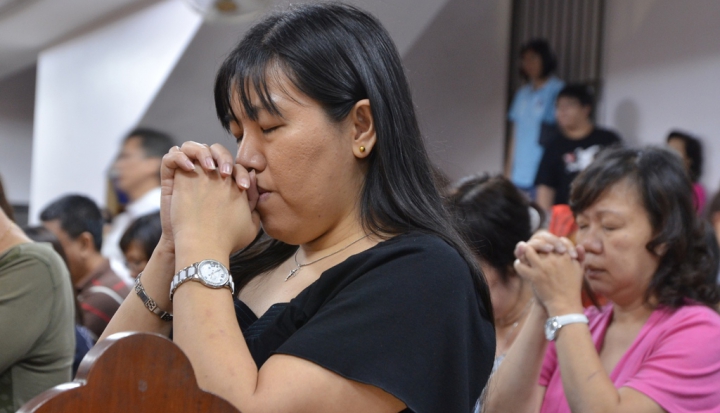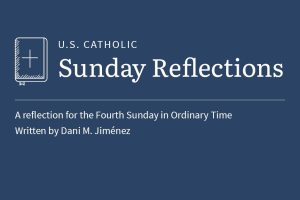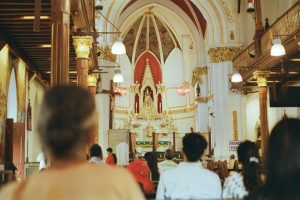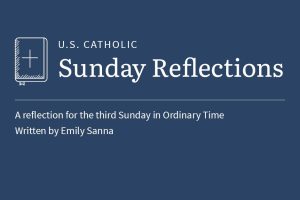In her poem, “Mysteries, Yes,” Mary Oliver begins, “Truly, we live with mysteries too marvelous to be understood.” How grass nourishes animals, how gravity holds down rocks, how a single touch can spark a forever connection, she writes, is all mystery. If I could take a little liberty with the great poet’s work, I would add God to her list. Our triune God is the ultimate mystery of the Christian faith. Who is this God who was in being before time itself? Who can be both fully divine and fully human at the same time? Whose Spirit transcends the bounds of heaven and earth to guide the church yesterday, today, and all the days to come?
Our mysterious God is big beyond measure. The language we use to talk about God should reflect God’s great depth. This weekend, Pope Francis gave local bishops conferences greater say over the language used during Mass in an apostolic letter issued motu propio (on his own initiative) titled “Magnum Principium.” The work of translating liturgical texts will shift from Rome to local conferences. I hope the United States Conference of Catholic Bishops will consider putting forth a Mass text with language that better reflects God’s deep mystery.
I feel frustrated when I hear God referred to as “He” over and over in Roman Catholic liturgies. As a woman who believes I am made in the image of God, I struggle to connect with lines like “… for the praise and glory of his name, for our good and the good of all his holy Church.” During Mass this weekend, I counted more than 20 uses of masculine language for God. This does not include the times “men” is used to describe humanity. I did not hear any feminine language.
I am not advocating for ridding all masculine images of God from the Mass. Jesus Christ in his humanity was a man. (He was also Word Made Flesh, Light of the World, etc.) Additionally, many people like thinking of God as “Father.” It is a title found throughout Scripture and often said while making the sign of the cross.
People experience God in countless ways. I hope any forthcoming liturgical translation recognizes this, too. In Scripture alone, God is described as a woman giving birth (Deuteronomy 32:18), a comforting mother (Isaiah 66:13), and even as a mother hen (Matthew 23:37). God is called “Creator” in Genesis. The psalmists name God as “light” (27:1), “helper” (30:10), and “exceeding joy” (43:4). The list goes on and on. Mystery sparks creativity. Our mysterious God is endlessly knowable, and thus, endlessly nameable. I think liturgy, as the work of the people, should reflect the diversity of our images of God.













Add comment